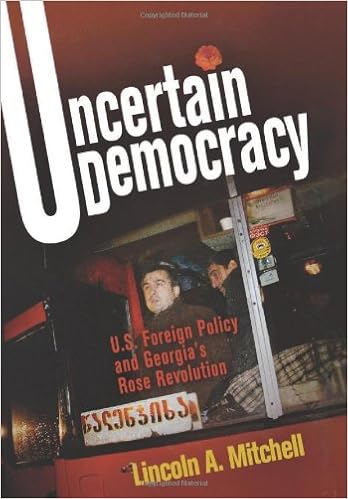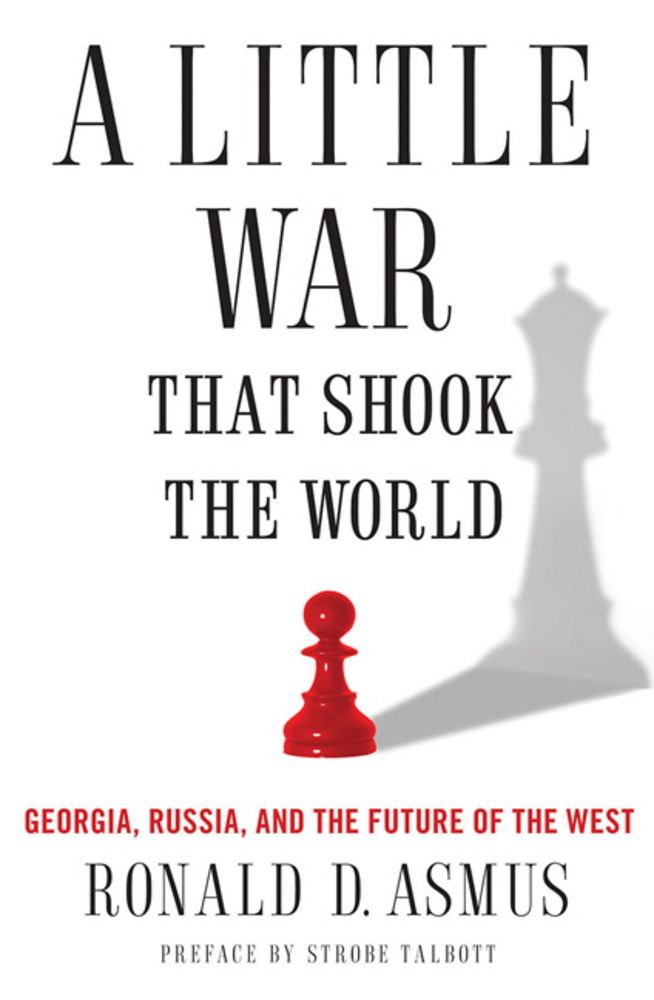This article examines Russia’s reaction to political changes in Georgia and Ukraine in light of the interplay between the democracy promotion policies implemented by the EU and US and domestic patterns of democratization 다운로드. We argue that despite the relatively weak impact of EU and US policies vis-a-vis domestic structures, Russia has responded harshly to (what it perceives as) a Western expansionist agenda in pursuit of reasserting its own hegemonic position in the post-Soviet space 다운로드. However, coercive pressure from Russia has also unintended, counterproductive effects. We argue that the pressure has actually made Georgia and Ukraine more determined to pursue their pro-Western orientation and has spawned democratization, thereby supporting the objectives of the Western democracy promoters s플래너.
Delcour, L., & Wolczuk, K. (2015). Spoiler or facilitator of democratization?: Russia’s role in Georgia and Ukraine. Democratization, 22(3), 459-478

 After more than a decade of turmoil and decline, Georgia has emerged as one of the world’s most dynamic laboratories of democracy
After more than a decade of turmoil and decline, Georgia has emerged as one of the world’s most dynamic laboratories of democracy  In November of 2003, a stolen election in the former Soviet republic of Georgia led to protests and the eventual resignation of President Eduard Shevardnadze
In November of 2003, a stolen election in the former Soviet republic of Georgia led to protests and the eventual resignation of President Eduard Shevardnadze  The brief war between Russia and Georgia in August 2008 seemed to many like an unexpected shot out of the blue that was gone as quickly as it came
The brief war between Russia and Georgia in August 2008 seemed to many like an unexpected shot out of the blue that was gone as quickly as it came